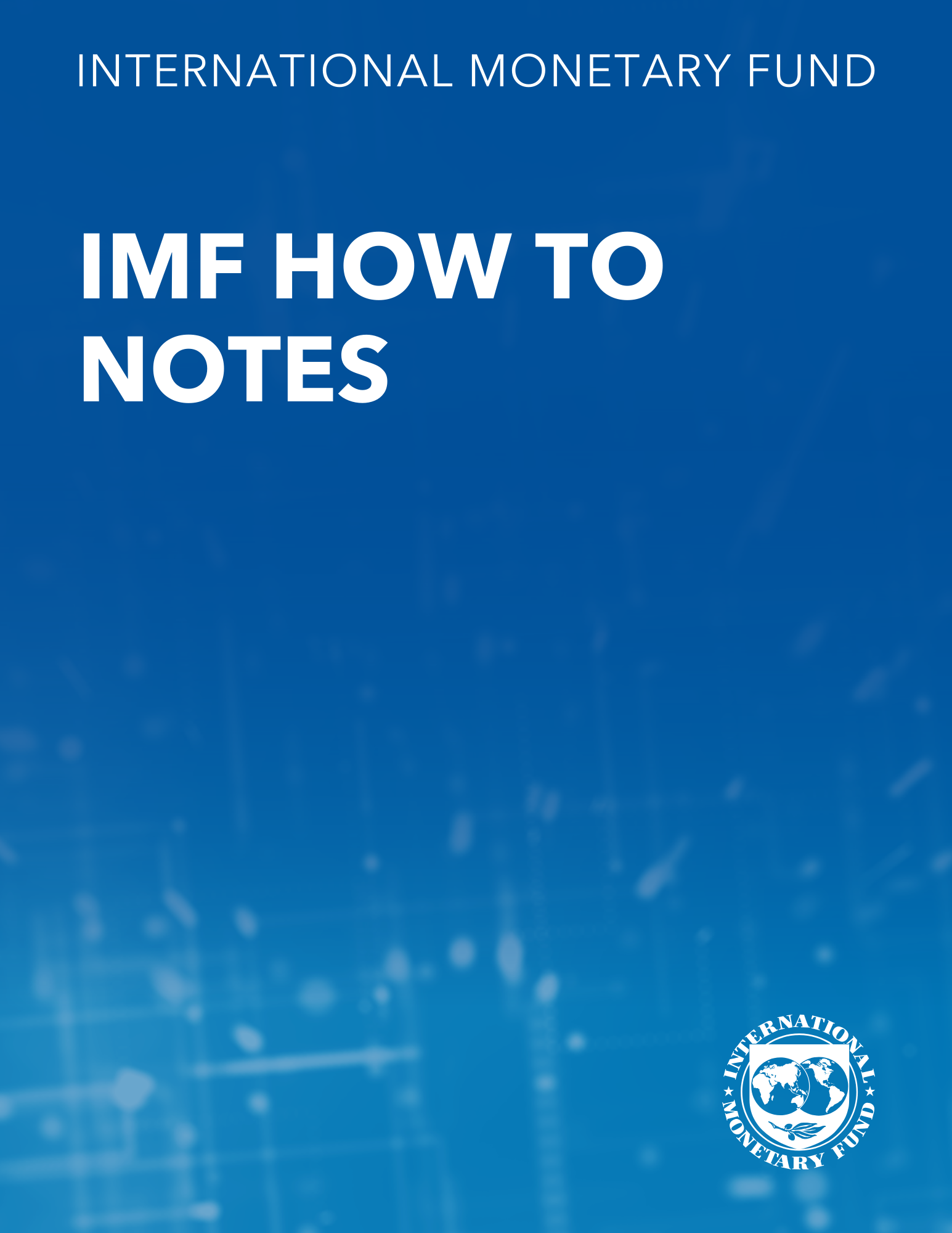Do Workers’ Remittances Promote Economic Growth?
July 1, 2009
Disclaimer: This Working Paper should not be reported as representing the views of the IMF.The views expressed in this Working Paper are those of the author(s) and do not necessarily represent those of the IMF or IMF policy. Working Papers describe research in progress by the author(s) and are published to elicit comments and to further debate
Summary
Over the past decades, workers' remittances have grown to become one of the largest sources of financial flows to developing countries, often dwarfing other widely-studied sources such as private capital and official aid flows. While it is undeniable that remittances have poverty-alleviating and consumption-smoothing effects on recipient households, a key empirical question is whether they also serve to promote long-run economic growth. This study tackles this question and addresses the main shortcomings of previous empirical work, focusing on the appropriate measurement, and incorporating an instrument that is both correlated with remittances and would only be expected to affect growth through its effect on remittances. The results show that, at best, workers' remittances have no impact on economic growth.
Subject: Capital accumulation, Estimation techniques, Income, Outward remittances, Remittances
Keywords: GDP, remittance, remittance flow, remittance inflow, worker remittance variable, WP
Pages:
22
Volume:
2009
DOI:
Issue:
153
Series:
Working Paper No. 2009/153
Stock No:
WPIEA2009153
ISBN:
9781451873009
ISSN:
1018-5941






